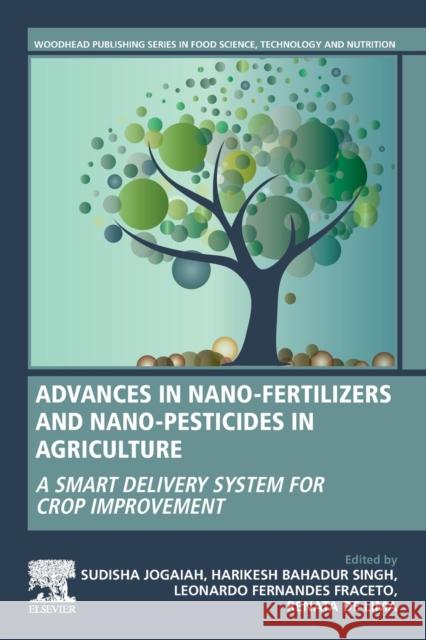Advances in Nano-Fertilizers and Nano-Pesticides in Agriculture: A Smart Delivery System for Crop Improvement » książka
topmenu
Advances in Nano-Fertilizers and Nano-Pesticides in Agriculture: A Smart Delivery System for Crop Improvement
ISBN-13: 9780128200926 / Angielski / Miękka / 2020 / 650 str.
Advances in Nano-Fertilizers and Nano-Pesticides in Agriculture: A Smart Delivery System for Crop Improvement
ISBN-13: 9780128200926 / Angielski / Miękka / 2020 / 650 str.
cena 898,70
(netto: 855,90 VAT: 5%)
Najniższa cena z 30 dni: 893,16
(netto: 855,90 VAT: 5%)
Najniższa cena z 30 dni: 893,16
Termin realizacji zamówienia:
ok. 30 dni roboczych
Dostawa w 2026 r.
ok. 30 dni roboczych
Dostawa w 2026 r.
Darmowa dostawa!
Kategorie:
Kategorie BISAC:
Wydawca:
Woodhead Publishing
Język:
Angielski
ISBN-13:
9780128200926
Rok wydania:
2020
Ilość stron:
650
Waga:
4.46 kg
Wymiary:
22.86 x 15.24 x 3.33
Oprawa:
Miękka
Wolumenów:
01











